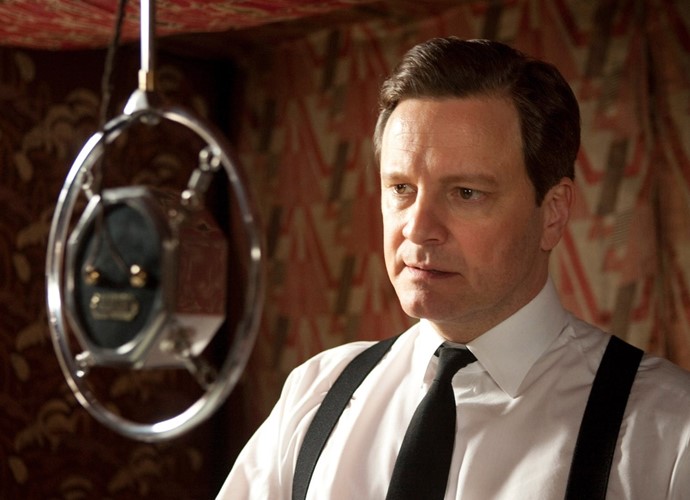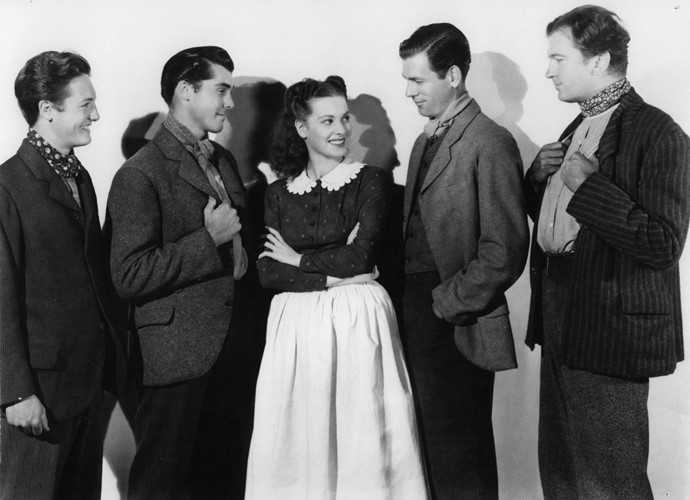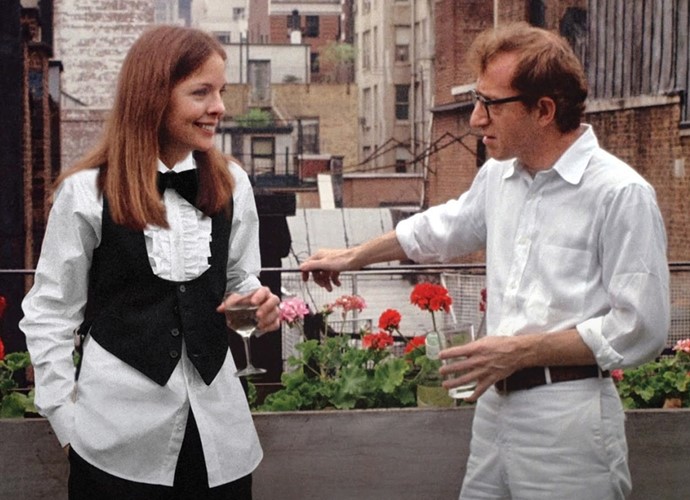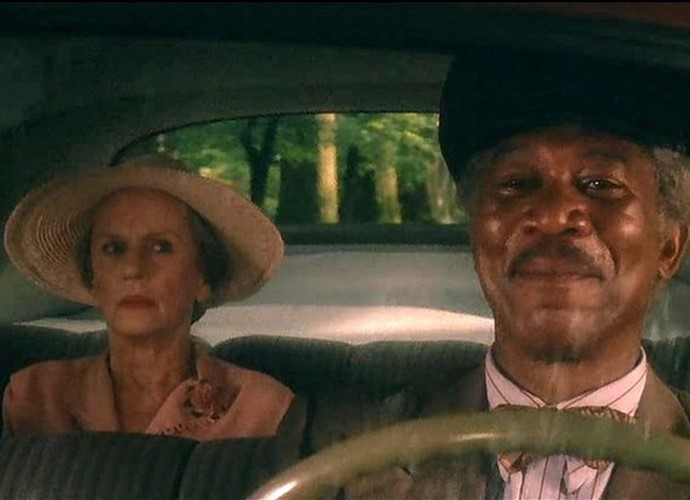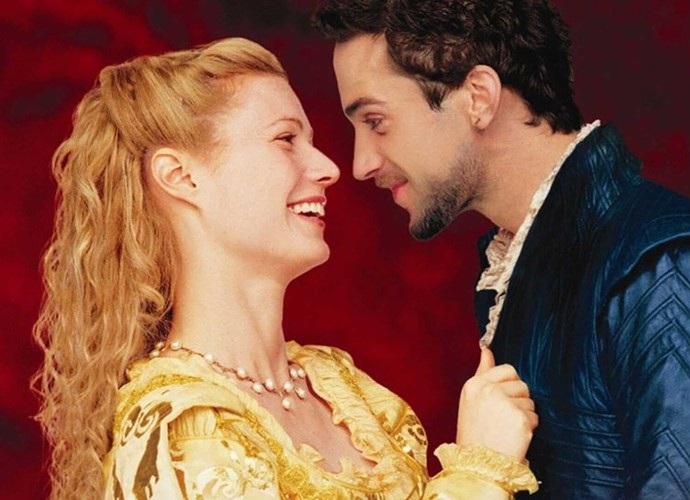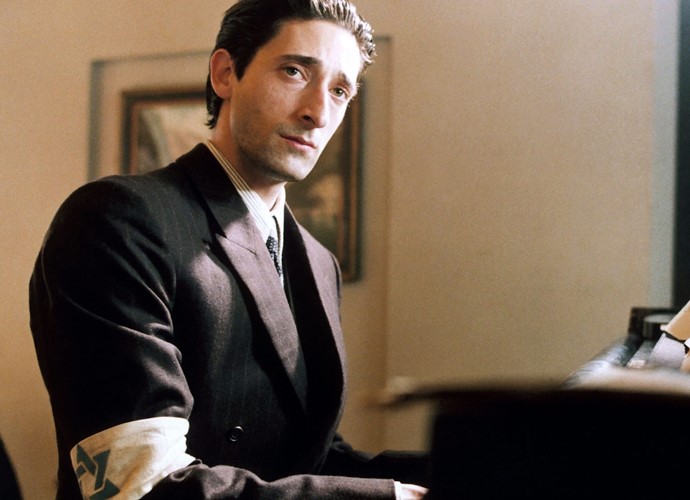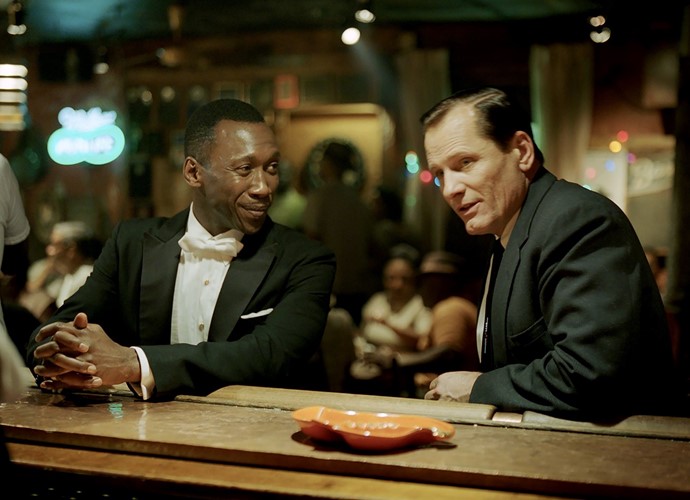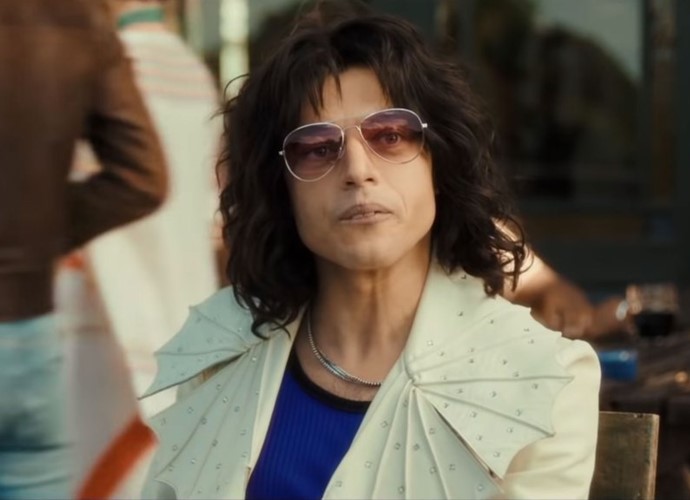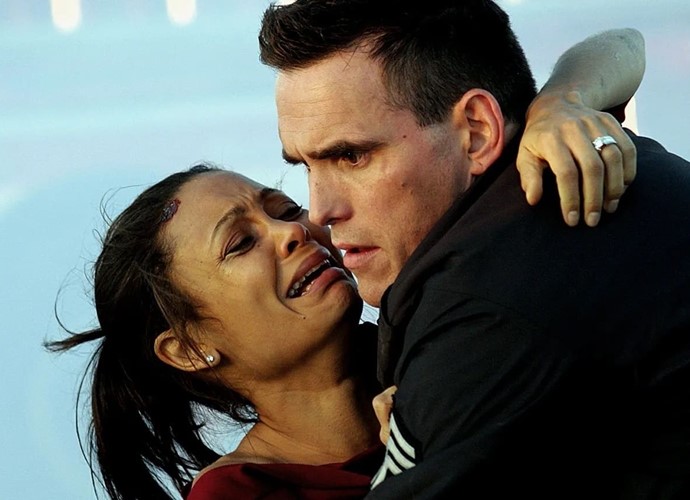Winning an Academy Award statuette often infuses a movie with a reputation and sense of recognition that puts it above other movies—but the decisions made by the Academy aren’t always sensible. Sometimes, an Academy Award goes to a production that sticks out like a sore thumb and generates all kinds of controversy. Whenever this happens, it exposes the biases of the Academy and how inconsistent they can be when it comes to criteria and qualifications. Here are some of the most controversial and notorious Academy Award wins that have brought the value of Oscars into question. We aren’t including awards that were refused by their awardees, most notable examples being George C. Scott for Platoon and Marlon Brando for The Godfather.
10. In 1994, Forrest Gump Wins Best Picture Over Pulp Fiction
1994 was a great year filled with great movies, which makes it somewhat underwhelming in retrospect that the best movies of that year will always be represented by Forrest Gump. While the Robert Zemeckis-directed drama epic is far from the worst film ever, it’s hard to swallow when you realize the Best Picture category also included both Pulp Fiction and The Shawshank Redemption. Pulp Fiction was a landmark indie movie that changed filmmaking forever, while The Shawshank Redemption endures as one of the best Stephen King adaptations that’s still revered by the public. For whatever reason, the Academy was more moved by a stuttering and scurrying Tom Hanks. Read next: The most iconic movies of the 90s, ranked
9. In 2010, Tom Hooper Wins Best Director Over David Fincher
The same year that had the most questionable Oscar hosting gigs also gave us some of the most baffling wins, like The King’s Speech winning Best Picture over The Social Network. But the most notable folly is director Tom Hooper winning over David Fincher. While his win was somewhat reasonable, it’s puzzling when you consider his filmography, which includes the divisive Les Misérables and the notorious Cats. In truth, his workman-like direction pales in comparison to David Fincher’s dark take on the founding of Facebook. Today, you can see which of the two films ended up being the enduring one.
8. In 1941, How Green Was My Valley Wins Best Picture Over Citizen Kane
How Green Was My Valley is a film about a Welsh family and their struggles, told from the point of view of their youngest child. It was directed by renowned filmmaker John Ford, so it made sense at the time for Oscar voters to laud this film as the year’s Best Picture. But time has shown us which film truly deserved the honor. Today, the win of How Green Was My Valley is considered a misstep compared to the more-deserving Sergeant York and the true winner Citizen Kane. Citizen Kane remains hailed as one of the greatest movies ever made and a cinematic achievement greater than Best Picture, let alone the crowning masterpiece of director Orson Welles’ career.
7. In 1977, Annie Hall Wins Best Screenplay Over Star Wars
Given all the controversies and notoriety surrounding Woody Allen’s career and personality, you might find it hard to admit how essential Woody Allen has been to movies and filmmaking. It’s not easy to separate the creator from his creation, especially when his projects are practically mouthpieces for his inner thoughts. Take Annie Hall, his most famous work. The romantic comedy is considered one of the best and most authentic of its genre, but its victory doesn’t hold up—especially considering that it won over a more groundbreaking cinematic achievement in Star Wars.
6. In 1989, Driving Miss Daisy Wins Best Picture
Driving Miss Daisy was supposed to be a feelgood drama about a 72-year-old Jewish widow (Jessica Tandy) who contemplates her life with the help of her chauffeur Hoke Colburn (Morgan Freeman). Though it received praise during its time, it soon became a walking target. Much criticism has been leveled against its stereotypes, especially the character of Hoke Colburn who only works as a vessel for Miss Daisy to overcome her prejudice, which soured the story and its themes.
5. In 1998, Shakespeare in Love Wins Best Picture Over Saving Private Ryan
Overall, Shakespeare in Love worked as a lavish period piece about a fictional account of William Shakespeare performing his plays with another actor (which raises questions about his sexuality). Yet, somehow, the Academy voters considered it Best Picture material—even better than the Steven Spielberg war drama Saving Private Ryan. While its “Oscar bait” qualities were very clear inside and out, the victory of Shakespeare in Love pointed to the more political side of the Oscars and how films are encouraged to campaign for votes. It really changed the whole game for films chasing awards.
4. In 2002, Roman Polanski Wins Best Director for The Pianist
The name Roman Polanski has been tainted for a long time. From one controversy to another, the director of Rosemary’s Baby was so notorious that his involvement was a red flag for any film production. Thus, his win as Best Director for the Holocaust-centered The Pianist is less superb and more unfortunate. Make no mistake, The Pianist is certainly an achievement. As a film about the Holocaust, it doesn’t hold back on its depictions of Wladyslaw Szpilman’s life and his struggles. But when it comes to Best Director, perhaps the award should’ve went to one with a cleaner history, like Martin Scorsese or Peter Jackson.
3. In 2018, Green Book Wins Best Picture Over Roma
The 91st Academy Awards was spotty at best. While there were wins worth celebrating, that year’s Best Picture remains a solid reminder that the Oscars have never really changed. It was the year that gave Best Picture to the comedy-drama Green Book (directed by Peter Farrelly) over the much more deserving drama Roma (directed by Alfonso Cuaron). And even if you don’t think Roma deserved it, there were plenty of other solid contenders, including great films for black representation like The Hate U Give and Into the Spider-Verse. The Best Picture slate itself also had Marvel’s Black Panther and Spike Lee’s BlacKkKlansman.
2. In 2018, Bohemian Rhapsody Somehow Wins Best Editing
The absolute worst win of the 2018 Academy Awards goes to Bohemian Rhapsody winning Best Editing. As soon as the Queen biopic bagged the award, it stirred backlash in the film community who bashed and ridiculed it with memes, compilations, and other mockeries that bogged down its credibility. Bohemian Rhapsody really should’ve won “Most Editing” than “Best Editing” given its rapid-fire cuts. And while the film’s final results can be explained by the film’s troubled production history, that doesn’t excuse it and somehow make it eligible for the award.
1. In 2005, Crash Wins Best Picture Over Brokeback Mountain
The 2005 Academy Awards is still remembered for being the epitome of Oscar bait, in which complex themes and human stories were handled via the insultingly safe execution of Crash. The Paul Haggis-directed drama about race and poverty beat other nominees, including: the Steven Spielberg thriller Munich; the George Clooney project Good Night, and Good Luck; and, most importantly, the Western film Brokeback Mountain. Oscar voters were clearly reluctant to hail the gay romance from Ang Lee as Best Picture and instead chose the safest option in Crash, not realizing the backlash it would cause. Even as a film about race relations, Crash fails—so badly that it ruined the reputation of Paul Haggis to this day. Read next: The most controversial movies that were banned

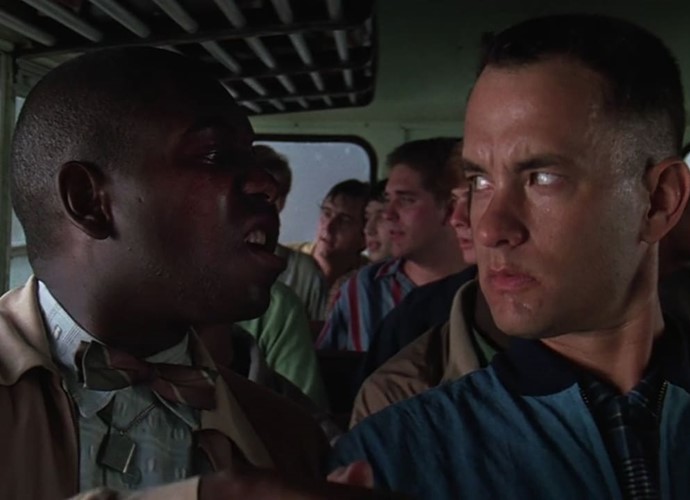
![]()
